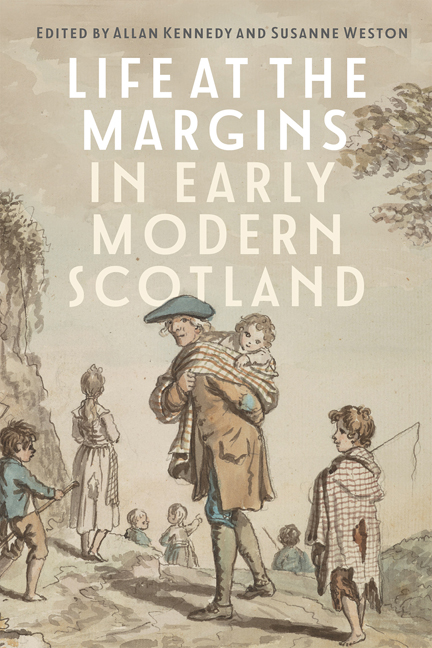Introduction: Centring the Margins
Published online by Cambridge University Press: 08 May 2024
Summary
In his controversial polemic published in 1996, An Intelligent Person's Guide to History, John Vincent argues that the main concern of historians should be ‘the role of power in society’. Force and compulsion were, for Vincent, the primary drivers of human development, and for that reason, the heart of all historical study should be the use and negotiation of power. Or, as he put it, co-opting a phrase associated with his intellectual opponents, ‘king and battles’ must remain the order of the historiographical day. Vincent's assertion encapsulates the ‘traditional’ view of what ‘History’ as a discipline should be. It is a view stretching back to the very emergence of academic History in the days of Leopold von Ranke: it should concern itself with great men (and occasionally women), high-level developments, and above all, politics and diplomacy. That such a formulation now sounds impossibly quaint is down, in no small part, to the development in the mid-twentieth century of social history, a subdiscipline which insisted that the structures and rhythms of society, as well as affairs of state, were legitimate targets of the historian's interest. Prominent within the initial ferment of social history was the concept of ‘history from below’, a phrase particularly associated with the Marxist-inspired work of E.P. Thompson. Deployed to its fullest effect in Thompson's seminal The Making of the English Working Class, ‘history from below’ posits that ordinary people should be centred within historical analysis, and from this premise contends that the power to shape history lies just as much with the teeming masses as it does with great men or abstract processes.
Working within, or inspired by, the ‘history from below’ tradition has allowed scholars to open up whole new areas of historical inquiry; it is, for example, hard to see how scholarship of the ‘kings and battles’ mould could have allowed for recent growth in the field of emotion history. At the same time, ‘history from below’ has helped to demonstrate that non-elite actors have always played a crucial part in ‘big’ historical developments. In a British context, this is perhaps most obvious with regard to the Civil Wars of the 1630s to 1650s, research on which – particularly their English dimensions – now pays a great deal of attention to the experiences and importance of ordinary and middling folk.
- Type
- Chapter
- Information
- Life at the Margins in Early Modern Scotland , pp. 1 - 14Publisher: Boydell & BrewerPrint publication year: 2024

